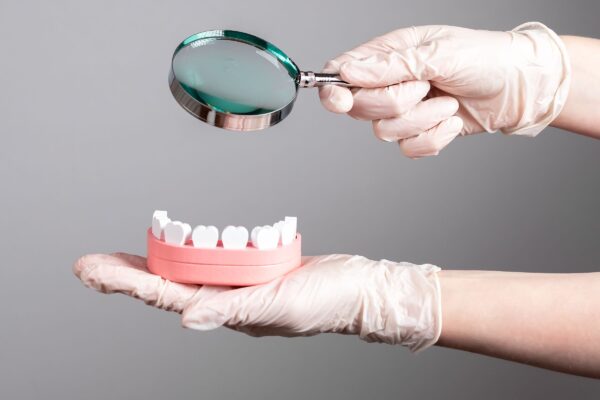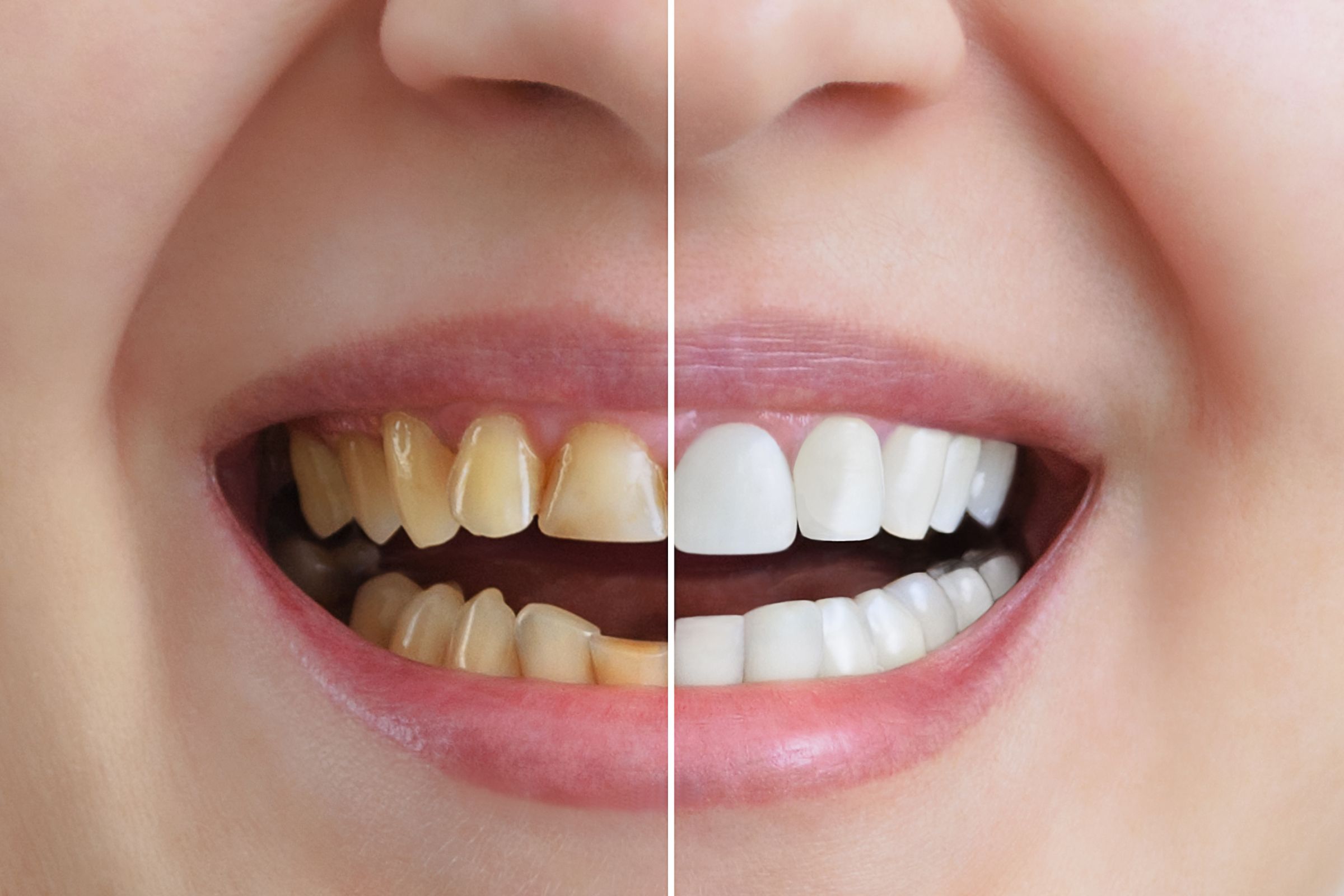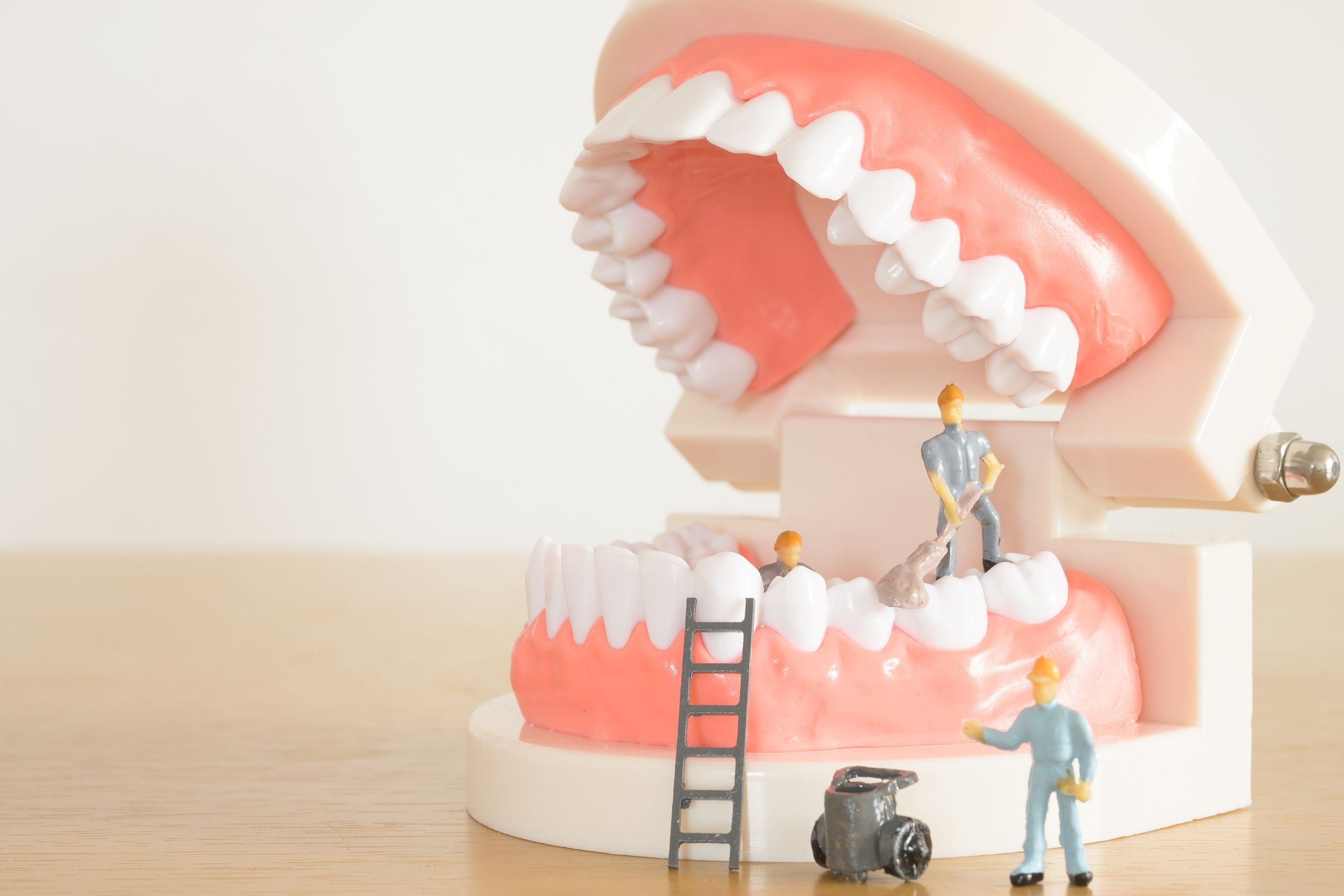When considering teeth whitening, it is important to understand the potential benefits and drawbacks. One…

The Importance of Regular Professional Teeth Cleaning
Dental Cleanings: What to Expect
When you schedule a dental cleaning, you can expect to receive a thorough and professional oral hygiene treatment from a licensed dental hygienist. This routine procedure is key to maintaining good oral health and preventing dental issues. Understanding what to expect during a dental cleaning can ease any anxiety or uncertainty you may have before your appointment and empower you to take an active role in your oral hygiene.
Dental Cleaning Process
The dental cleaning process involves several steps to ensure optimal oral health. It typically begins with a physical exam, where the dentist or hygienist will assess the overall condition of the teeth, gums, and mouth. X-rays may be taken to detect any hidden issues such as cavities or jawbone damage.
Next, a periodontal screening is conducted to check for signs of gum disease. Tartar and plaque buildup are then removed through a process called scaling, which may involve the use of manual scraping tools or an ultrasonic device. After the teeth are thoroughly cleaned, they are polished to remove any remaining stains and smooth the tooth surface.
Finally, a fluoride treatment may be applied to strengthen the teeth and prevent cavities. Regular dental cleanings and checkups are essential for maintaining good oral health and preventing dental problems. They can help detect issues early on, before they become more serious and costly to treat. Additionally, professional cleanings can remove stubborn tartar buildup that cannot be removed through regular brushing and flossing alone.
Benefits of Regular Professional Teeth Cleaning
Regular professional teeth cleaning is an essential part of maintaining good oral hygiene. Not only does it help keep your teeth and gums healthy, but it also plays a key role in preventing a wide range of dental issues.
1. Prevents Cavities and Gum Disease
Regular professional teeth cleaning helps remove plaque and tartar buildup, which are the main culprits behind tooth decay and gum disease. By getting rid of these harmful substances, you can significantly reduce the risk of developing cavities and experiencing gum inflammation and infections.
2. Freshens Breath
One of the noticeable benefits of teeth cleaning is the improvement in breath odor. Removing food particles, bacteria, and plaque from the teeth and gums also eliminates the source of bad breath, leaving you with a fresher and more pleasant breath.
3. Brightens Your Smile
Professional teeth cleaning can help remove surface stains and discoloration, resulting in a brighter and more attractive smile. This can boost your confidence and improve your overall appearance.
4. Early Detection of Dental Issues
Regular dental cleanings also give your dentist the opportunity to detect any potential dental issues early on, such as cavities, gum disease, or oral cancer. This can lead to timely intervention and treatment, preventing more serious problems in the future.
The Link Between Oral Health and Overall Health
Oral health is closely linked to overall health, with untreated gum infections and cavities having a significant impact on various health conditions. Gingivitis, a common gum infection, is associated with an increased risk of heart disease. The bacteria from the infected gums can enter the bloodstream, causing inflammation and contributing to the development of cardiovascular issues. Similarly, untreated cavities can lead to lung infections as the bacteria from the mouth can be inhaled into the lungs.
Preventive dentistry, such as regular teeth cleaning and dental check-ups, plays a crucial role in improving overall health and preventing oral health problems. Regular visits to the dentist can help identify and treat gum infections and cavities before they escalate and cause further health issues. Good oral hygiene practices and proper dental care are essential for maintaining both oral health and overall health. By addressing oral health problems promptly, individuals can reduce the risk of developing associated health complications.


